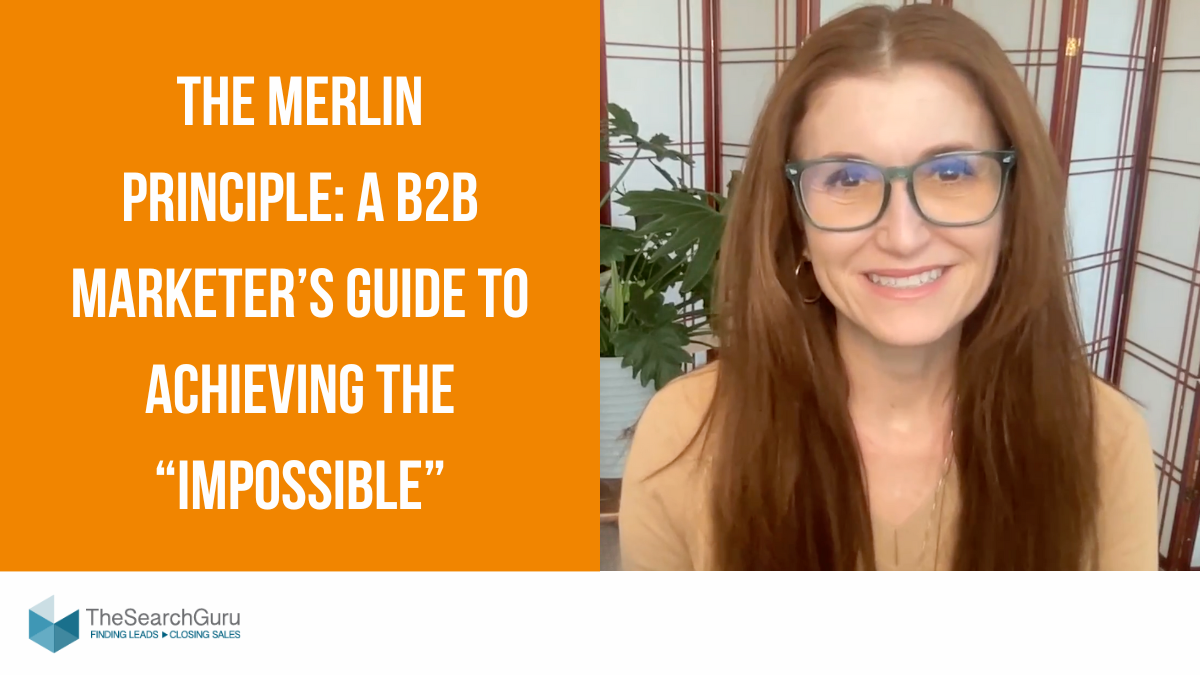Boy, were we happy to read “How Hiring a Journalist Can Improve Your Content Marketing” by Robert McGuire (March 31, 2015) on the Content Marketing Institute website. We’ve been advocating the use of professional journalism techniques in content marketing since at least 2013 and it is wonderful validation to read this recommendation on a well-respected high-profile site.
McGuire says that, “The world is full of snappy writers who can garner traffic, clicks, and ‘likes’ that give a short-term lift to your promotion. But it’s getting noisy out there. Successful content marketing has to make a lasting impression and provide something authentic to your customers to create a real return on your marketing investment.”
He also lists key reasons why journalistic techniques are essential to compete in today’s crowded Internet. Journalists:
- Find the unexplored angle on a familiar subject
- Develop good questions
- Gather information from high-quality sources
- Synthesize the information into a highly valuable, reader-focused piece
We’ve been promoting journalism in content marketing since at least 2013 on our blog – and we talked about it internally even earlier than that.
Seek authoritative sources
McGuire points out a journalist’s ability to seek out sources of authority. Here are some of the times that we’ve provided resources to help in that quest.
In October 2013, we published Trusted sources: how to select the best interviews for your article or blog post. In this post, we shared – among other things – how to:
- educate yourself before interviewing someone
- find the right people to interview
- distinguish your interviewee’s opinion from factual information provided
In February 2014, in Catch 22: expert sources or engagement first?, we offered more tips on using expert quotes effectively – and how to get the experts to provide you with these quotes without having to work so hard. Tips are also provided about how to use the same expert in multiple ways.
In May 2014, we talked about ways to find and use both primary and secondary sources in our post, Subject matter experts: how to find and choose expert sources. This post includes more tips on vetting your experts to get the best information possible for your content.
By June 2014, we’d gotten feedback from some people who were afraid to conduct interviews. And, since many interviews are handled over the phone, rather than in person, we shared strategies in our post, Creating content that Google rewards – without (too much) phone anxiety. (I talk about one especially scary phone interview of my own!)
Embrace feedback – and, as McGuire says, check the ego at the door
McGuire writes the following (bolding his): “Reporters expect what they thought was an excellent article to be reviewed and edited by several other people before it is published.”
And, again, we totally agree that this trait of journalists will serve a company well when creating online content. In fact, being open to feedback, and knowing how to offer useful feedback, was the focus of some of our blogging in 2014.
In March 2014, we shared How to be open to receiving quality writing critiques, including on how to find the right critique partner and how to avoid being defensive when given feedback you don’t necessarily want to hear. And, when you find the right critique partner, that person is a keeper!
We also blogged about How to critique writing effectively that month, covering topics such as how to determine if you’re the right critique partner for another writer, how to effectively critique – and knowing when to push and when to back off.
In the same vein, we asked accomplished writers to share stories of their writing mentors in Celebrating writing mentors – and to help prevent the NEED for as much editing, we’ve provided proofreading tips (Proofreading tips: excellent ways to find mistakes inn copy, February 2014) and a behind-the-scenes chat with K.D. Sullivan, CEO of Untreed Reads Publishing (February 2014).
Highlighting a few more posts
We’d like to mention just three more related posts that we’ve written over the past year:
- Rare consensus: quality over quantity: we took a look around the web to find out what experts were saying on the subject
- Breaking writing rules: is it ever okay?: here is a closer look at five time-honored rules, along with our thoughts about when – if ever – it’s okay to break them
- Ethics in writing: where is the line in the sand?
Here is the Society of Professional Journalists (SPJ) code of ethics:
- Seek truth and report it
- Minimize harm
- Act independently
- Be accountable and transparent
For more detail, look at the bullet points under each main item in the code of ethics.






Leave A Comment